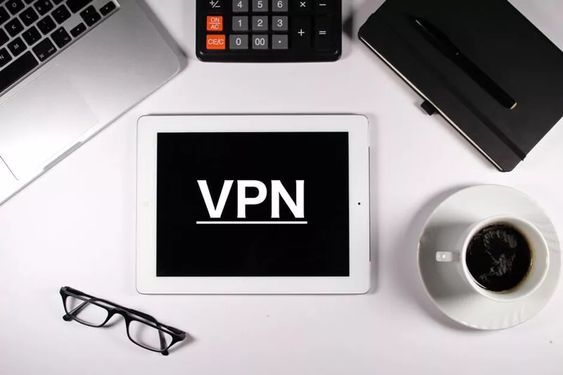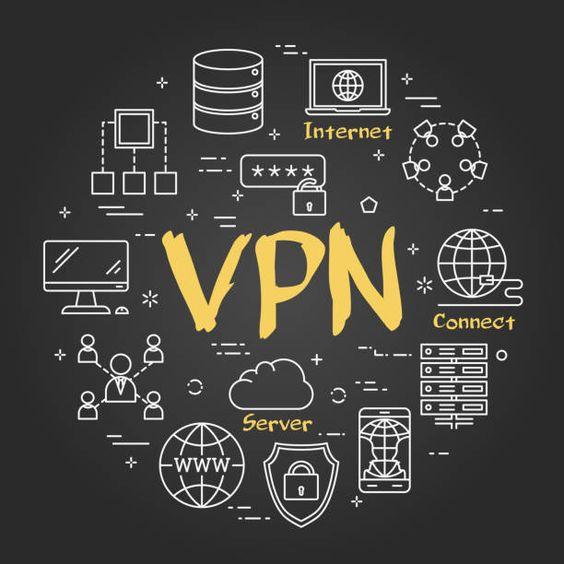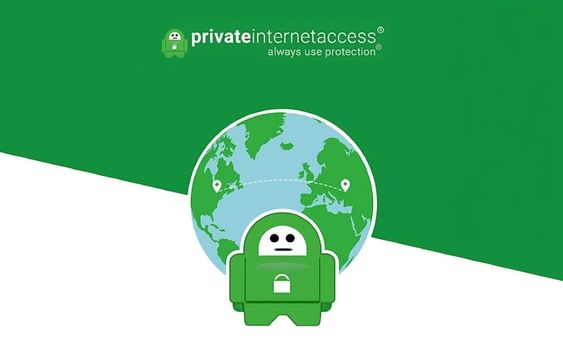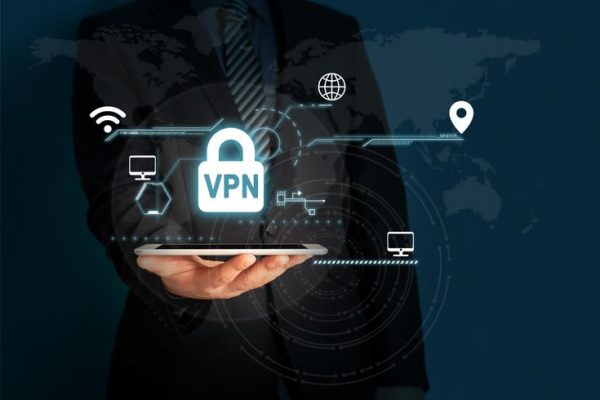VPN Solutions for Remote Work: Best Practices and Enhanced Security Tips
With the increasing prevalence of remote work, the use of Virtual Private Networks (VPNs) has become indispensable for ensuring security and privacy in online activities. As more individuals and organizations transition to remote work environments, the need for secure connections to corporate networks and protection of sensitive data has become paramount. This guide aims to provide comprehensive insights into using VPNs for remote work, offering best practices and security tips to safeguard personal and enterprise data. By understanding the importance of VPNs and implementing recommended security measures, remote workers can mitigate risks and ensure a secure online environment for both personal and professional activities.

Understanding VPNs for Remote Work
VPNs, or Virtual Private Networks, are secure tunnels that allow users to access the internet privately and securely. When a user connects to a VPN, their internet traffic is encrypted and routed through a remote server operated by the VPN provider. This process hides the user's IP address and encrypts their data, preventing third parties such as hackers, ISPs, and government agencies from intercepting or monitoring their online activities. VPNs use various encryption protocols, such as OpenVPN, IKEv2, and WireGuard, to ensure data confidentiality and integrity during transmission. Additionally, VPNs may offer features like split tunneling, which allows users to route specific traffic through the VPN while accessing other resources directly.
Benefits of using VPNs for remote work, including enhanced security and privacy:
Best Practices for Using VPNs
Selecting a reputable VPN provider: Factors to consider:

Security Tips for Remote Work VPNs
Using strong and unique passwords for VPN accounts:
Protecting Personal and Enterprise Data
Separating personal and work-related VPN usage:
Ensuring Compliance and Regulatory Requirements
Overview of relevant data protection regulations (e.g., GDPR, HIPAA):
By ensuring compliance with relevant data protection regulations and company policies, organizations can mitigate the risks associated with VPN usage and protect sensitive data from unauthorized access, disclosure, and misuse. Maintaining compliance helps build trust with customers, partners, and regulatory authorities, demonstrating a commitment to data privacy and security in remote work environments.
Conclusion
In conclusion, VPNs play a crucial role in maintaining security and privacy for remote work environments. By following best practices and implementing security tips outlined in this guide, remote workers can effectively protect personal and enterprise data from unauthorized access and cyber threats. As remote work continues to evolve and become a permanent fixture in many organizations, prioritizing VPN usage and adhering to security protocols are essential for maintaining a safe and secure online environment. By staying informed and proactive in cybersecurity measures, remote workers can confidently navigate the digital landscape and fulfill their professional responsibilities without compromising data integrity or privacy.





